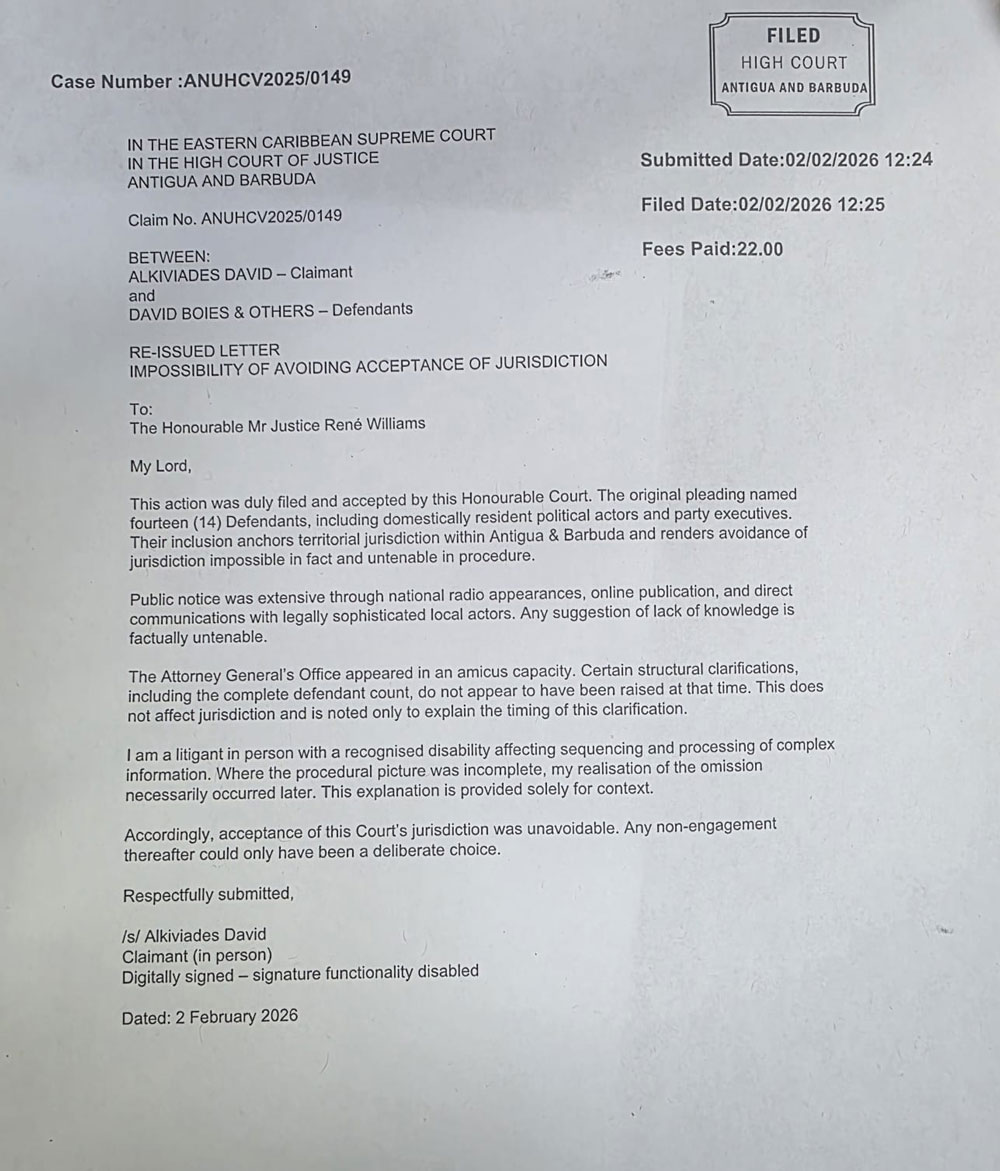A court in southern France has increased by a year the jail term of the only man who challenged his conviction for raping Gisèle Pelicot. The 72-year-old retired grandmother was drugged unconscious by her then-husband Dominique for over a decade and raped by dozens of men he recruited on the internet.
Husamettin Dogan, 44, had argued he was innocent, despite graphic video footage shown in court of him penetrating a motionless Gisèle Pelicot. The court of appeal in Nîmes rejected his argument and extended his original nine-year jail term to 10 years. He was convicted of aggravated rape last December, during a trial in which 50 other men were convicted.
Public prosecutor Dominique Sié had asked the court to impose a 12-year term on Dogan, stating he had been unwilling to take responsibility for a massive act of destruction of a woman that denied her humanity. Although Dogan was held in pre-trial detention ahead of last year's trial, he has not spent time in jail since.
Police were able to track down the men who raped Gisèle because of the videos that Dominique Pelicot filmed during the rapes. Of the 51 men handed jail terms, 17 initially lodged appeals only to withdraw them soon after. Husamettin Dogan — a Turkish-born married father — was the only one who decided to take his appeal to court.
During the proceedings, the defense provided an assertion of innocence, claiming ignorance of Gisèle's drugged state. This appeal was heard as a retrial with a jury and judges scrutinizing the evidence, including video documentation of the assaults.
Throughout the hearings, Gisèle Pelicot reiterated her position as the true victim. She expressed despair at Dogan's denial of responsibility, stating, When will you admit that it's a crime? I am ashamed for you. In her testimony, she shared the impact of the abuse on her and her family, emphasizing that many survivors lack the evidence she had to bring their abusers to justice.
This case illuminates the broader social issues of victimization, consent, and the challenges victims face in seeking justice. Gisèle's story, while offering a spotlight on her trauma, also serves as a rallying point for discussions on societal accountability and healing.




















